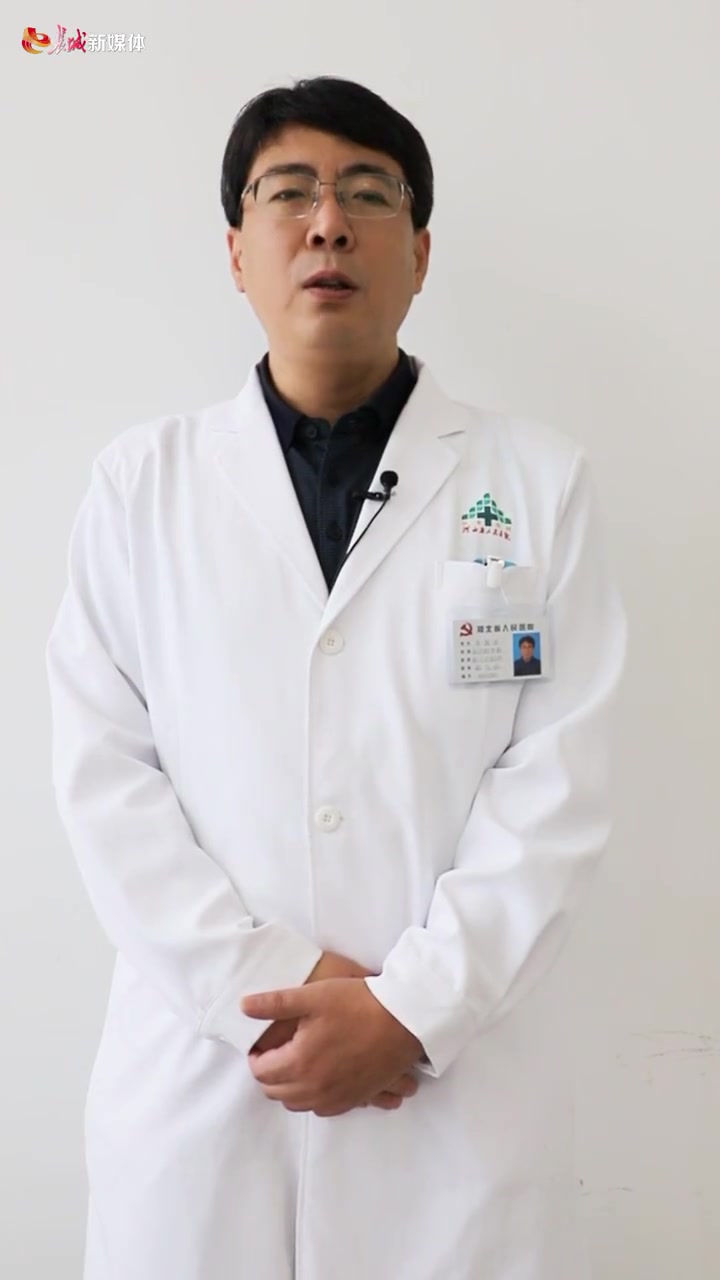Germany starts the second "alert" of the second level of natural gas!Chemical giant responds quickly: might be suspended
Author:China Chemical Newspaper Time:2022.06.27
On the 23rd local time, Germany announced the start of the second -level alarm of the emergency scheme of natural gas shortages, and German industrial enterprises, including BASF, responded quickly to prepare to respond to the problem of shortage of natural gas supply.
Germany announced the start of the "alarm" emergency plan for natural gas
Haber, Deputy Prime Minister of Germany and Economic and Climate Protection, announced on the 23rd that the second level of the third -level emergency plan for natural gas was the "alarm" stage. However, energy suppliers cannot pass the price rising directly to consumers for the time being.
At a press conference held on the day, Habeck said that the current supply of natural gas is tight, and it is necessary to start the "alert" stage. "We are in the crisis of natural gas, and natural gas is a scarce product from now on."
Habeck said in a statement on the 23rd that Germany is currently in the natural gas crisis. The government will provide 15 billion euros of loans to reserve natural gas and prepare for winter. At the same time, Germany will also start additional coal -fired power generation to replace the current natural gas power generation, thereby strengthening the reserves of natural gas. Related laws are expected to pass on July 8.
Despite the announcement of the "alert" level, the German Energy Regulatory Department's Federal Network Bureau has not activated the price adjustment mechanism. Once the Federal Networking Bureau determines that the market situation has been seriously triggered by the "price increase clause", operators can immediately pass the price pressure to enterprises and consumers.
"We hope to continue to monitor the market." Habeck said that the current supply has led to rising prices and has become a huge burden on many consumers. However, he also reminded that consumers must be prepared for further rise in prices.
Habeck also called on all consumers, including industrial, public institutions and private families to further reduce the use of natural gas as much as possible. He mentioned that the safety of summer supply is "false safety", "we must take preventive measures now to prepare for winter."
The German natural gas scarce emergency plan is divided into warning, alarm and emergency three levels. The German government has launched the first "early warning" on March 30.
According to the plan, when the supply of gas supply interrupted or market demand for natural gas on the day caused the supply status to severely deteriorate, Germany will start a second -level "alert". In the "alarm" stage, the market can still cope with non -market means.
When the supply of gas was severely disturbed on the day, and the use of all market methods was still unable to ensure qi, Germany would enter the highest level of "emergency" stage. At that time, the government will adopt non -market means to implement gas supply, prioritize families, hospitals and important institutions, and restrict industrial gas.
The German government's increase in the level of natural gas shortage, which is related to Russia's Natural Gas Industry Co., Ltd. recently reduced the "Beixi-1" natural gas pipeline to European gas supply. Reuters reported on the 21st that the "Beixi-1" gas supply at this stage was only 40%of the previous.

German chemical enterprises quickly respond
Reducing natural gas supply will cause significant to the German economy. For the German chemical industry, natural gas as raw materials or energy cannot be replaced in the short term. German industrial enterprises, including BASF, are looking for alternatives to maintain factory operation and work hard to limit economic costs.
According to Reuters on the 23rd, BASF is developing an emergency plan for the Ludwig Port Base in Germany. Ludwig Port Base is Germany's largest industrial power company, accounting for more than 1%of German total demand.
If the supply is not lower than 50%of the largest natural gas demand in the region, BASF can continue to operate the Port Ludwig Port Base.
According to the official website of BASF, the Port Base of Ludwig is about 10 square kilometers. It is the world's largest chemical integrated production base and the headquarters of BASF.
BASF told Reuters that the exact reduction of production depends on the supply of natural gas and oil as a substitute. If the supply has dropped significantly to less than 50%for a period of time, it will have to stop production.
BASF said it will be determined after discussing with customers and politicians, because some products are essential to the food production, pharmaceutical industry and automakers.
"If it is imminent, we must discuss which factories we should close with the Federal Network Bureau," the company stated that it refused to further comment on its Port Emergency Plan.
Another chemical company Langsheng said management is looking for ways to prevent production. A choice is a plan to delay the elimination of coal -fired power plants that are still operating in the Leverkusen factory in Germany and the Krefield factory.
"If our product pricing is out of the market, then we will have to close the factory, and hundreds of jobs will face risks." Langsheng said.
The German Chemical Industry Association (VCI) said on the 23rd that the reduction of natural gas supply has brought increasing challenges to society and industry. As a result, the relevant burden must be distributed fairly. The important thing is to formulate a transparent process to allocate the inevitable burden as fair and tolerant as possible to all natural gas consumers.
According to VCI data, Germany's chemistry and pharmaceutical industries consume about 15%of the country's naturalness, which is the highest among all industrial departments. Among them, 27%are raw materials, and 73%are used to produce steam and electricity.
However, so far, the "Beixi-1" pipeline transportation has reduced its substantial impact on German industrial production, which is mainly due to the German summer natural gas consumption in summer is only one-quarter or fifth of winter. However, the efforts to fill the gas storage facilities before the winter heating season have seriously affected. According to the German "Ming Mirror Weekly" reported on the 24th, Habeck, Vice Premier and Economic Minister of Germany, said that if there is not enough natural gas, some industries will have to be closed. The situation this winter will be very nervous.
Europe needs to prepare for the energy crisis
The German Industry Federation warned on the 21st that if Russia stopped supplying natural gas to Germany, the German economy would face the risk of recession.
The German Federation of Industry has reduced the expected German economic growth by 3.5%to 1.5%from the Ukrainian situation to 1.5%in 2022, and believes that if Russia has discontinued gas supply to Germany, the German economic recession may inevitably be inevitable.
Natural gas crisis is not limited to Germany. On the 23rd of local time, Timmermans, the head of the European Union's climate policy, said that 10 of the 27 member states of the EU had issued "early warnings" on potential natural gas supply interruption. "Early early warning" is the first level of the third -level crisis stipulated in the EU Energy Supply Security Law and the least serious level.
According to Reuters, the European natural gas inventory is about 55%of the full load level, and it will reach 80%and 90%as planned in October and November, respectively.
The Italian Environment and Ecological Transformation Minister Roberto Ketogorani said in a statement on the 21st that the Italian government plans to purchase coal when necessary to increase thermal power generation.
On the 19th, the Austrian government decided to restart a coal power plant in the south to cope with the shortage of energy caused by the reduction of Russian natural gas supply.
Europe is seeking more natural gas supply from Norway, Azerbaijan and other countries. The Israeli Prime Minister's Palace issued a statement on the 15th that Israel will export natural gas to the EU via Egypt.
On the 22nd local time, the International Energy Agency issued a global energy investment report in 2022. The report is expected to increase global energy investment by 8%in 2022, but the growth of investment is not enough to cope with the current energy and climate crisis.
On the same day, the Director of the International Energy Agency said that Europe needs to prepare for the energy crisis to prevent the natural gas from exporting from Russia to Europe. It also urged European countries to step up natural gas, and take measures to delay shutdown nuclear power plants and restarted coal -fired power generation to cope with potential risks.
- END -
get √ a little more

JPEG Webkit-Playsinline Great Wall Network · Jiyun Client June 21 (Reporter Jin...
Zelenezki signed a presidential order sanctioning Putin

According to the UNIAN News Agency on the 9th, Ukrainian President Zelei signe...